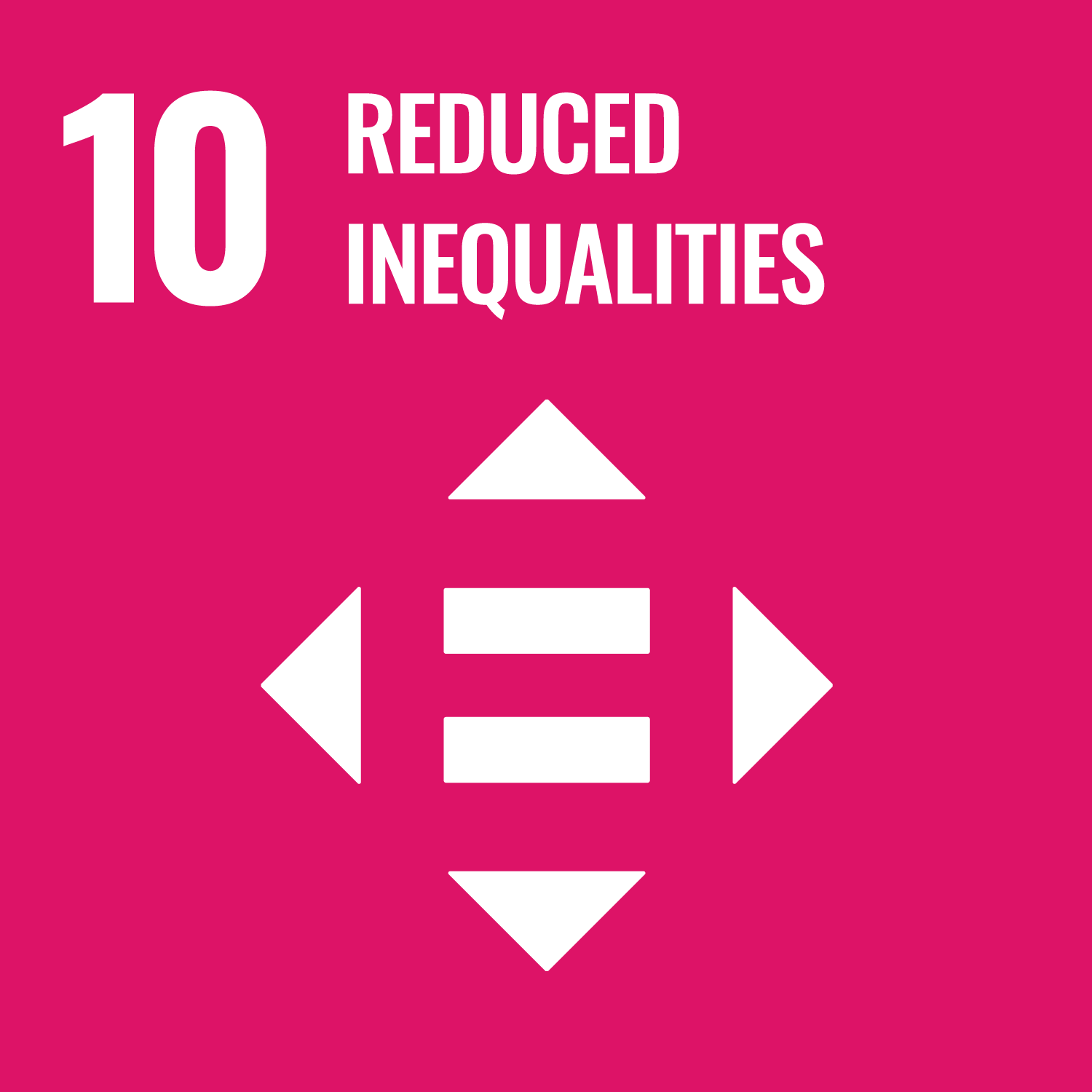Stephen McNena
Lecturer in Economics
J.E. Cairnes School of Business and Economics, University of Galway



Stephen lectures on the BA (Child, Youth and Family Studies) programme, as well as delivering economics modules to Arts, postgrad and online students. He is involved in research on local government economics with colleagues in University of Galway, and collaborators from other universities. Stephen's areas of research interest include public finances, taxation and the welfare state, as well as transport policy, especially public transit.
Stephen's work contributes to these SDGs

Since 2013 Stephen has researched Local Government economics, with Dr Gerard Turley, and internal and external collaborators. The Local Authority Finances website is maintained by Stephen and Gerard Turley and aims to improve the transparency of local public finances, and often results in conversations directly with local authorities.
Key Target: 16.7 Ensure responsive, inclusive and representative decision-making
Stephen has been nominated several times for the President's Teaching Award. He frequently shares his insights on RTÉ Brainstorm, where the academic and research community contribute to public debate, reflect on what’s happening in the world around us and communicate fresh thinking on a broad range of issues. It's a unique partnership between RTÉ (the national broadcaster) and Irish third-level institutions.

Teaching

Economics of Public and Social Policy The aim of this module is to build on students’ knowledge of microeconomic principles and apply and extend that knowledge within the context of an analysis of social policy and the welfare state in Ireland and in Europe. Students will acquire an understanding of market failure, and why and how the State intervenes in social policy to correct these failures.
Supporting Targets: 1.3 Implement social protection systems; 3.8 Achieve universal health coverage; 10.1 Reduce income inequalities
Principles of Macroeconomics The objective of this module is to introduce students to the principles of macroeconomics. The macroeconomy affects all our daily lives. What job we get, wage and income levels, our level of education and quality of healthcare all depend on it to some degree. We will study topics including long-run growth, unemployment, inflation, trade and business cycles.
Supporting Targets: 8.2 Diversify, innovate and upgrade for economic productivity, 8.4 Improve resource efficiency in consumption and production, 8.5 Full employment and decent work with equal pay
Economics of Family Policy The aim of this module is to build on students’ knowledge of microeconomic principles, and apply and extend that knowledge within the context of marriage and families. Students will learn what economics can contribute to understanding and explaining human decisions to work or rear children.
We consider how households form and how they make fertility, investment (human capital and physical capital), and labour supply decisions. We examine trends over time and across countries and groups. We evaluate the effects of various governmental policies that affect fertility and family formation.
Supporting Target 8.4 Improve resource efficiency in consumption and production
Introduction to Economic Policy This module explores, at an introductory level, the framework within which public and social policy is formed and operates in Ireland. The central aim is to impart an understanding of the constraints which frame public policy, and to enable structured assessments of the impact of policy, especially economic policy. We cover several public policies that have an impact on the economy, on society and on how we live.
Supporting Target 8.4 Improve resource efficiency in consumption and production
Engagement
Stephen teaches on the Access Centre Uni4U programme It is run in primary schools in Galway City to create positive experiences through various interactions between the students and the University. Participants come from sixth class in DEIS primary schools in the Galway City area. Stephen teaches on the Uni4U progamme, where each school is allocated a day to come on campus and get an insight into what university life could be like. On the school's chosen day, the children come on campus and partake in workshops with departments and schools located within the University.

Direct impact SDG Targets
1.3 - Implement social protection systems
4.4 - Increase the number of people with relevant skills for financial success
12.8 - Promote universal understanding of sustainable lifestyles
Indirect Impact
1.1 - Eradicate extreme poverty
1.2 - Reduce poverty by at least 50%
3.8 - Achieve universal health coverage
4.2 - Equal access to quality pre-primary education
8.1 - Sustainable economic growth
8.2 - Diversify, innovate and upgrade for economic productivity
8.4 - Improve resource efficiency in consumption and production
8.5 - Full employment and decent work with equal pay
10.1 - Reduce income inequalities
11.1 - Safe and affordable housing
11.2 - Affordable and sustainable transport systems
13.2 - Integrate climate change measures into policies and planning
16.7 - Ensure responsive, inclusive and representative decision-making
17.7 - Promote sustainable technologies to developing countries
17.11 - Increase the exports of developing countries
17.13 - Enhance global macroeconomic stability
17.18 - Enhance availability of reliable data

Previous projects include a socio-economic analysis of regions of Ireland (2012) and an evaluation of Ballinasloe marina on behalf of Ballinasloe Town Council and Galway County Council (2013).

Research

Featured Publications
|
References |
SDGs |
|---|---|
|
Turley, G., McNena, S. (2018). Financing local government in the twenty-first century: Local government revenues in European union member states, 2000-2014. The Routledge Handbook of International Local Government, 496-517. |
10 |
|
Turley, G., McNena, S. (2019). Local government funding in Ireland: Contemporary issues and future challenges. Administration, 67(4), 1-26. |
10; 17 |
|
Turley, G., McDonagh, J., McNena, S. and 1 more (...) (2018). Optimum territorial reforms in local government: An empirical analysis of scale economies in Ireland. Economic and Social Review, 49(4), 463-488. |
8.5 |
|
Turley, G., McNena, S., Robbins, G. (2018). Austerity and Irish local government expenditure since the Great Recession. Administration, 66(4), 1-24. |
8.1 |
|
Turley, G., McNena, S. (2021). Equalisation transfers and local fiscal capacity: A new methodology for Ireland. Economic and Social Review, 52(1), 53-74. |
10.1 |
|
Turley, G., Raffer, C., McNena, S. (2021). Budget institutions for subnational fiscal discipline: Local fiscal rules in post-crisis EU countries. Local Public Finance: An International Comparative Regulatory Perspective, 23-38. |
10; 17 |
